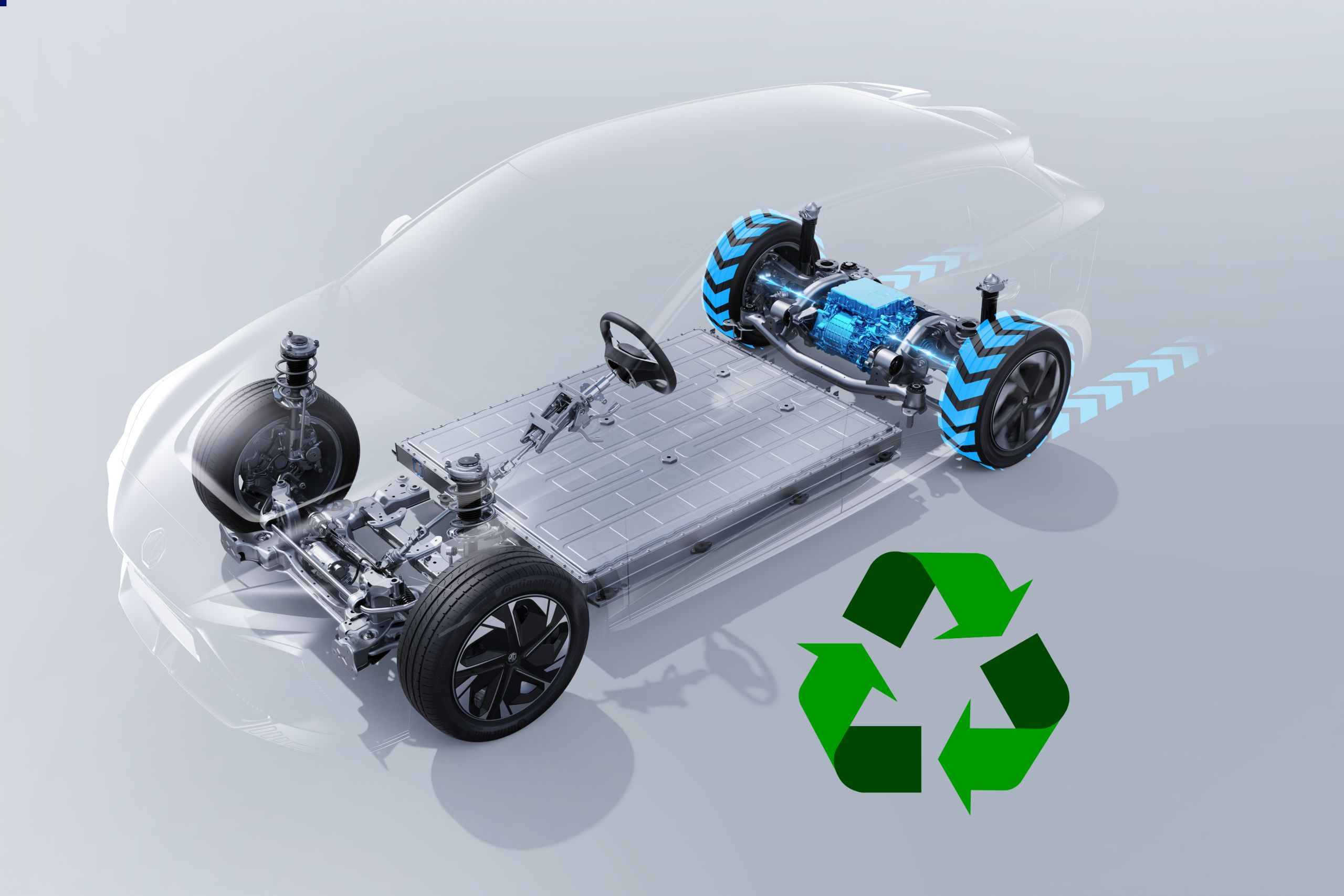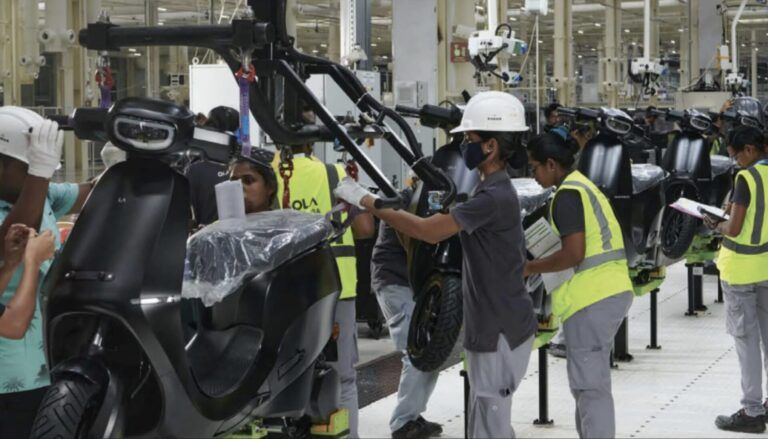India’s e-mobility R&D plan proposes giving batteries an Aadhaar number. This aims to create a digital record of their materials, usage history, and end-of-life management to improve recycling efficiency.
The recommendation is part of India’s eMobility R&D Roadmap, proposed by Prof A K Sood, the Principal Scientific Adviser to the government. The strategy outlines 34 research initiatives aimed to achieve self-sufficiency and position India as a global leader in innovative mobility solutions.
Prof Karthick Athmanathan, a member of the Consultative Group of e-Mobility Advisory Committee, said:
“This Roadmap aims to fill critical gaps in the current research and development framework. While many identified projects are yet to achieve global success, some areas already demonstrate significant international accomplishments where India is yet to commence preparations.”
The roadmap has identified 34 projects for R&D in four main categories:
- Energy storage cells
- EV components
- Materials and recycling
- Charging and refueling infrastructure
One of the R&D projects listed involves creating a battery Aadhaar system. This system aims to implement effective recycling methods for batteries, which would be beneficial for the environment.
Abhijit Mulay, Deputy Director, Automotive Research Association of India (ARAI), said.
“It is a completely thought-out standardization of a 16-digit number, which will provide complete information about the battery pack. It will help us in the battery’s second use, recyclability and everything during the life-cycle of that battery.”

Impact of Aadhaar on Battery Recycling in India
Germany is currently pursuing a similar initiative known as the battery passport. Moreover, it is backed by financial assistance from the federal government in Berlin.
In India, the Roadmap proposed creating a standardized system or protocol similar to the battery Aadhaar. This initiative aims to enhance sustainability, efficiency, and safety throughout the lifecycle of batteries. Moreover, it offers comprehensive data on their composition, usage history, and management at the end of their lifespan.
Each battery’s suggested Aadhaar numeric barcode would include:
- Information detailing its year of manufacture
- Electrode materials
- Cell localization
- Manufacturing background
- Battery chemistry and capacity
- Production site
This data will simplify battery recycling process in India, making it more accessible for recyclers.
Earlier, Prof A K Sood stated that India aims to achieve energy self-sufficiency by 2047 and have 30 percent of vehicles be electric by 2030. This effort is part of a larger goal to achieve net-zero emissions by 2070. The e-Mobility R&D Roadmap has prioritized this project because of the critical requirements for digital data storage, transparency, traceability, and localized management of batteries.
According to the Roadmap, establishing these criteria will assist in exploring second-life uses and improving the recycling and management of batteries.








